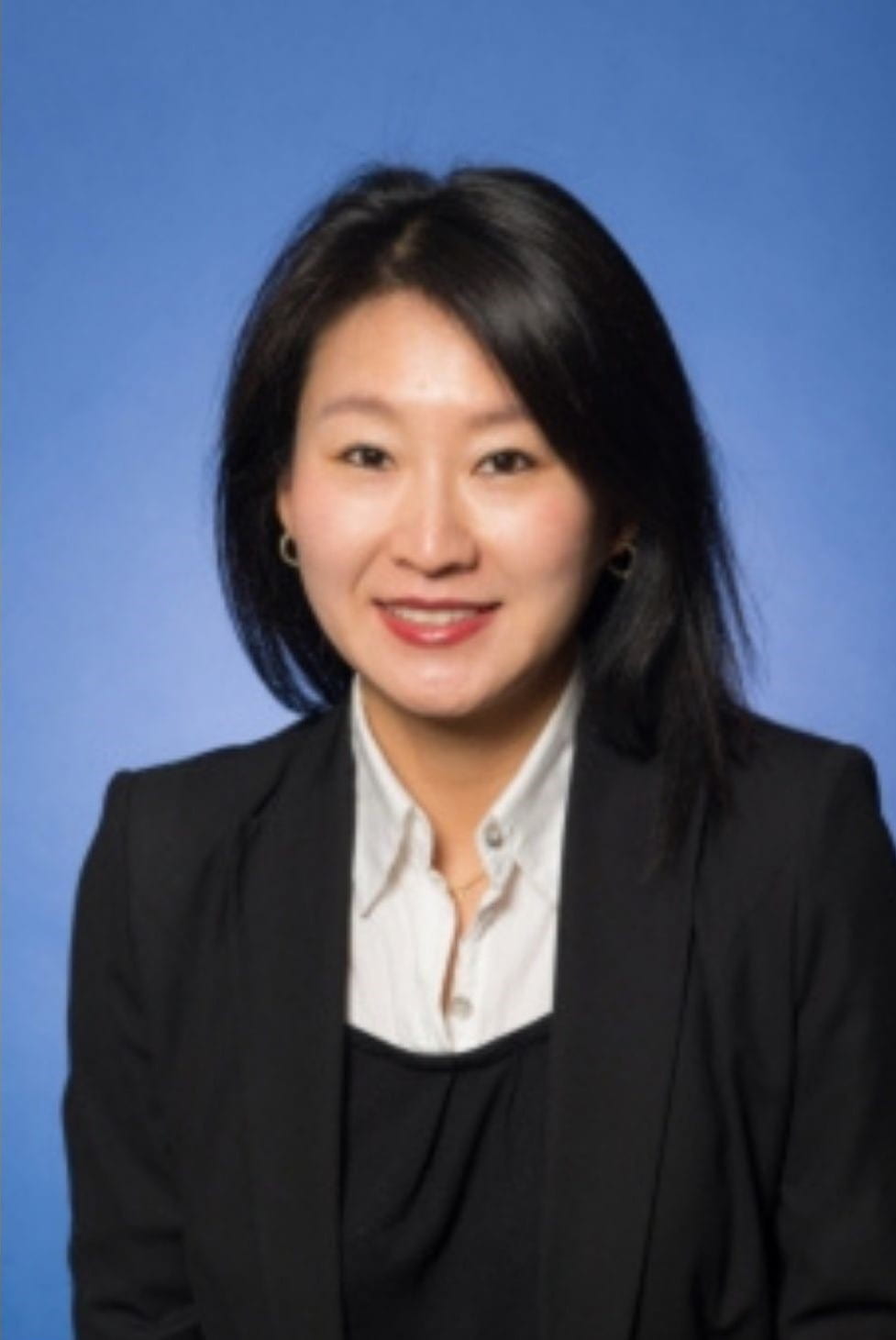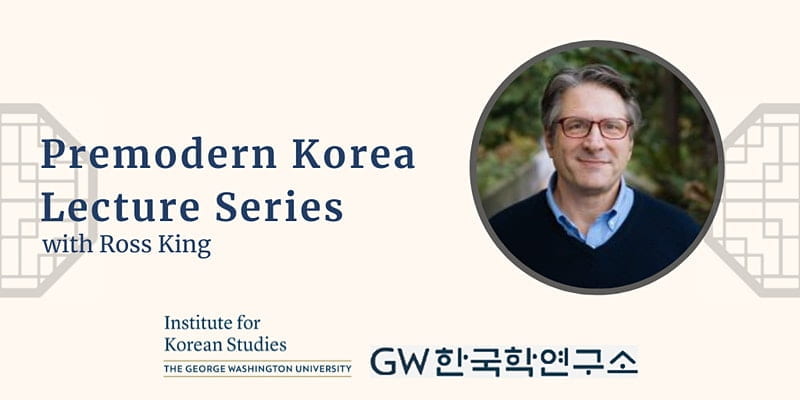Did Ch’usa Kim Chŏnghŭi 秋史 金正喜 (1786-1856) Really Translate Xixiangji 西廂記 into Korean? Literary Fame, Manuscript Culture, and the Story of the Western Wing in Chosŏn Korea
Wednesday, January 26, 2022
1:00 PM – 2:30 PM EST
Zoom Event
The history of the reception of Xixiangji 西廂記, arguably China’s most popular dramatic work, in Chosŏn Korea (1392-1897) and into the Taehan Empire (1897-1905), Japanese protectorate (1905-1910) and colonial (1910-1945) periods, raises interesting questions about the intersection of literary fame and book culture. Numerous print editions were imported from China from the 17th century onwards, but because of its reputation as a ‘nether book’ 淫書 and unlike, say, the Romance of the Three Kingdoms 三國志演義, Xixiangji was never printed in Chosŏn. Instead, it was avidly consumed in lovingly produced annotated manuscript copies along with glossaries and commentaries.
This presentation examines the claim, first advanced in the 1970s by Professor Yi Kawŏn on the basis of a manuscript vernacular translation of Xixiangji then in his possession, that one of the Korean translations in wide circulation in late Chosŏn was executed by none other than famous late-Chosŏn polymath Kim Chŏnghŭi 金正喜 (1786-1856), whose numerous noms de plume and sobriquets include Wandang 阮堂 and Ch’usa 秋史.
An examination of this claim requires a survey of the history of the reception of the Xixiangji in Korea, as well as a consideration of the history of the image and reputation of Kim Chŏnghŭi, who was not lionized in modern scholarship until the late 1920s and 1930s. The facts adduced here also force us to reconsider the timing of the “Xixiangji boom,” which is usually alleged to have peaked in the last decade of the 19th century and first decade of the 20th century; they also compel us to rethink common modern-day assumptions about the withering of traditional reading practices and manuscript culture after the turn of the 20th century.
This event is on the record and open to the public.
Speaker

Ross King is Professor of Korean at the University of British Columbia. His research focuses on the cultural and social history of language, writing, and literary culture in Korea and in the Sinographic Cosmopolis more broadly, with a particular interest in comparative histories of vernacularization. He serves as Editor-in-Chief of the Sungkyun Journal of East Asian Studies, as Managing Editor of the Brill Korean Studies Library, and as co-editor (with David Lurie and Marion Eggert) of the series “Language, Writing and Literary Culture in the Sinographic Cosmopolis” (also Brill). He is the editor of Cosmopolitan and Vernacular in the World of Wen: Reading Sheldon Pollock from the Sinographic Cosmopolis (forthcoming, Brill) and the author of “I Thank Korea for her Books:” James Scarth Gale, Korean Literature in hanmun, and Allo-metropolitan Missionary Orientalism (forthcoming, University of Toronto Press).
Moderator

Jisoo M. Kim is Korea Foundation Associate Professor of History, International Affairs, and East Asian Languages and Literatures. She currently serves as the Director of the Institute for Korean Studies and the Co-Director of the East Asia National Resource Center at GW. She also serves as the Editor-in-Chief of the Journal of Korean Studies. She is a specialist in gender, law, and emotions in Korean history. Her broader research interests include gender and sexuality, crime and justice, forensic medicine, literary representations of the law, history of emotions, vernacular, and gender writing. She is the author of The Emotions of Justice: Gender, Status, and Legal Performance in Chosŏn Korea (University of Washington Press, 2015), which was awarded the 2017 James Palais Prize of the Association for Asian Studies. She is also the co-editor of The Great East Asian War and the Birth of the Korean Nation by JaHyun Kim Haboush (Columbia University Press, 2016). She is currently working on a book project tentatively entitled Sexual Desire, Crime, and Gendered Subjects: A History of Adultery Law in Korea. She received her M.A., M.Phil., and Ph.D. in East Asian Languages and Cultures from Columbia University.


